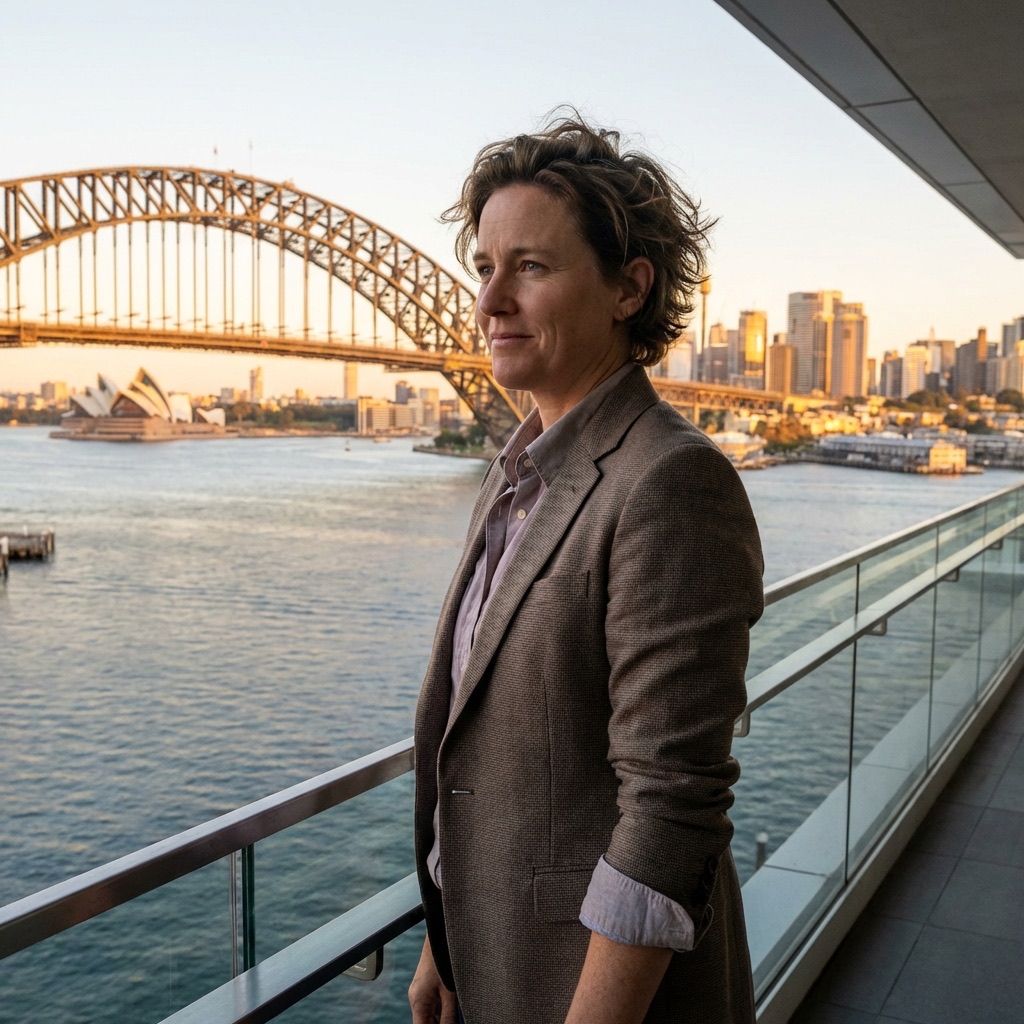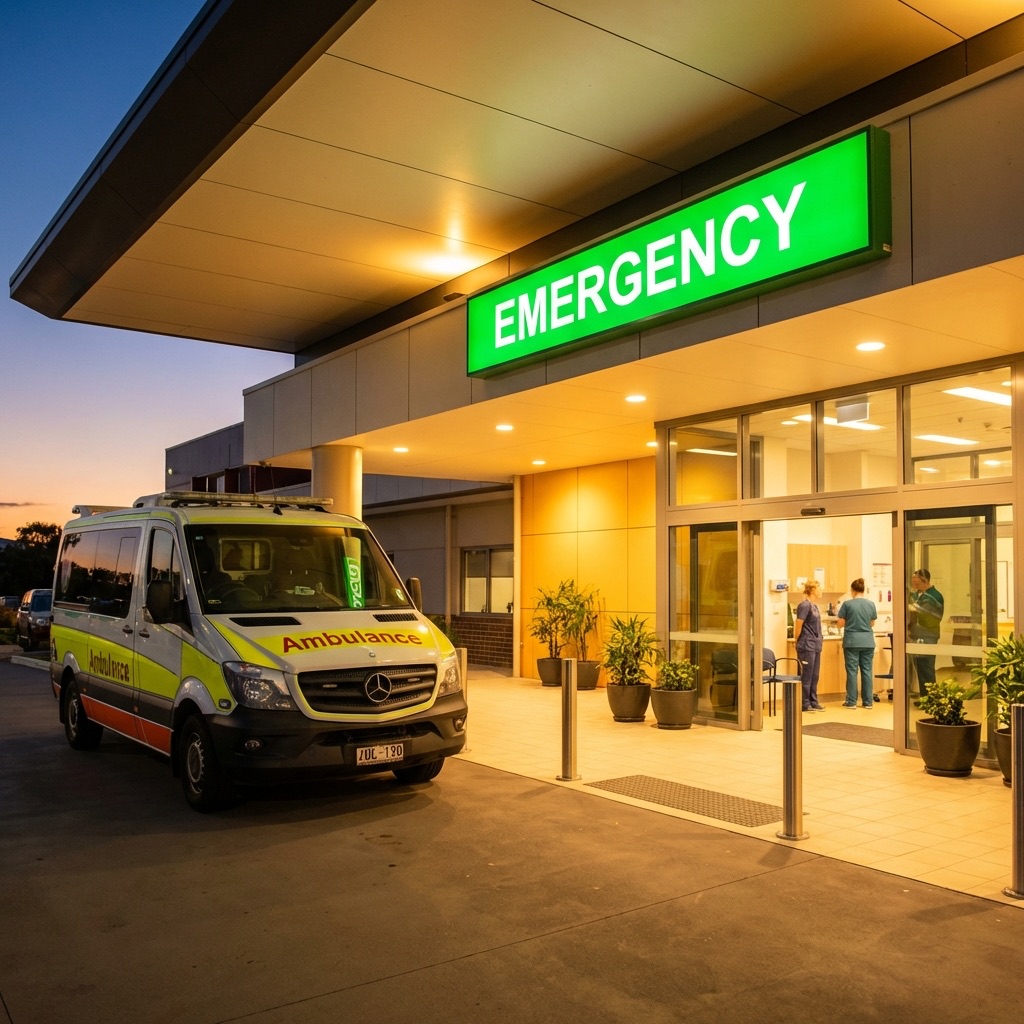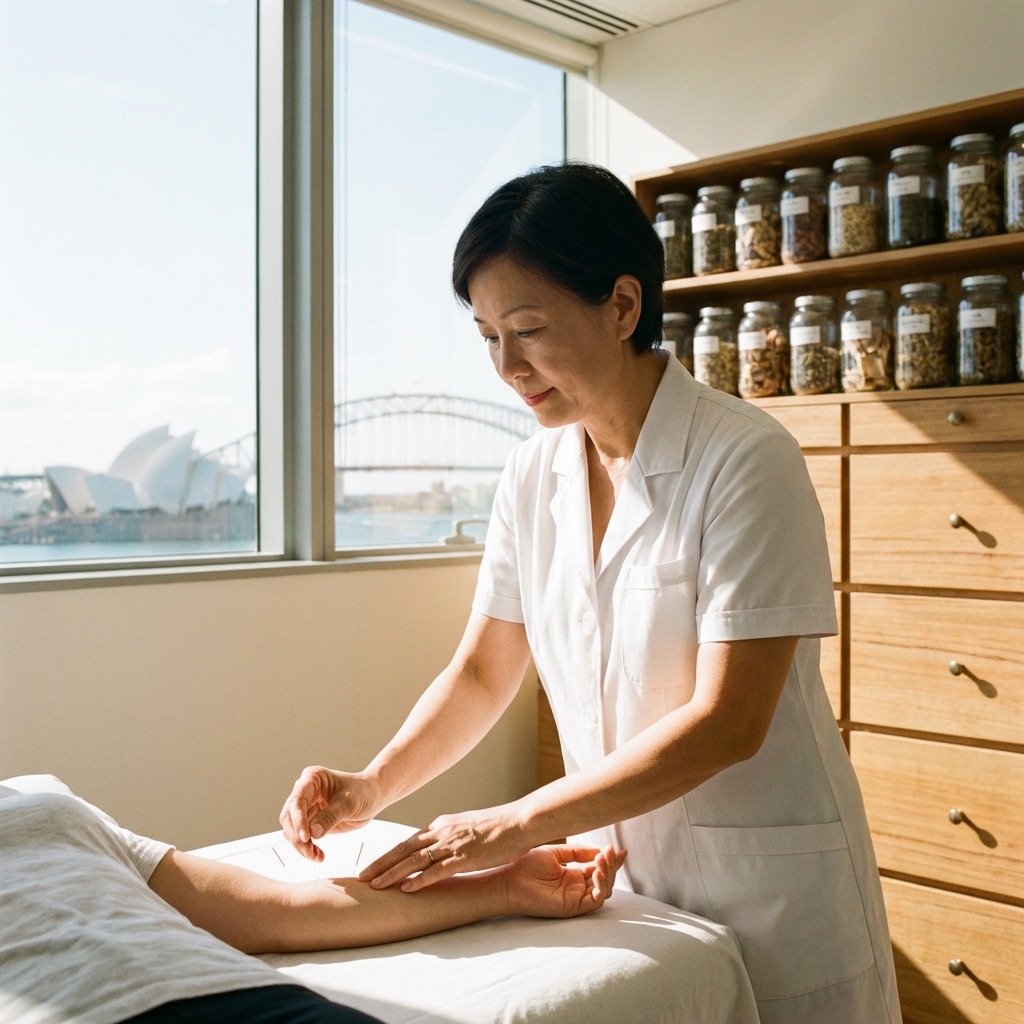Discover the step-by-step process for overseas-trained doctors to migrate and work in Australia, including medical registration pathways, visa options, and essential requirements for 2025.
Understanding the Australian Medical System
Australia offers several pathways for overseas-trained doctors to migrate and practise medicine. The process involves obtaining medical registration through the Medical Board of Australia and securing an appropriate visa. With Australia facing healthcare workforce shortages, particularly in regional areas, there are significant opportunities for qualified medical professionals.
The journey typically takes 2-5 years depending on your qualifications, experience, and chosen pathway. Success requires careful planning, financial preparation, and understanding of both medical registration and immigration requirements.
Medical Registration Pathways
Australian Medical Council (AMC) Standard Pathway
The AMC Standard Pathway is the most common route for overseas-trained doctors:
- Multiple Choice Question (MCQ) Examination: Tests clinical knowledge across all medical disciplines
- Clinical Examination: Assesses clinical skills through simulated patient scenarios
- Workplace-Based Assessment: Requires 12 months of supervised practice in an approved position
Timeline: 18-36 months from start to full registration
Cost: Approximately AUD 15,000-25,000 including examination fees, preparation courses, and assessment costs
Competent Authority Pathway
This streamlined pathway is available for doctors from countries with comparable medical standards:
Eligible Countries: United Kingdom, Ireland, United States, Canada, New Zealand
Requirements:
- Hold primary medical qualification from recognised institution
- Currently registered in competent authority country
- Minimum 12 months post-graduate training
- May require workplace-based assessment
Specialist Pathway
For specialists with recognised qualifications:
- Assessment by relevant specialist college (e.g., RACP, RACS, RACGP)
- May require examinations or period of supervision
- Faster pathway for specialists in high-demand areas
- Regional specialists often have additional opportunities
Area of Need Pathway
Designed for doctors willing to work in underserved areas:
- Limited registration for specific location
- Supervised practice in approved position
- Pathway to general registration after demonstrating competence
- Often combined with employer-sponsored visas
Visa Options for Doctors
Skilled Independent Visa (Subclass 189)
Key Features:
- Points-tested visa (minimum 65 points required)
- Permanent residency from day one
- No employer or state sponsorship required
- Freedom to live and work anywhere in Australia
Points Breakdown for Doctors:
| Category | Points Available |
|---|---|
| Age (25-32) | 30 points |
| English (Superior) | 20 points |
| Work Experience (8+ years) | 20 points |
| Australian Qualifications | 5-20 points |
| Partner Skills | 10 points |
| Regional Study | 5 points |
Occupation Codes:
- General Practitioner (253111)
- Specialist Physician (253311)
- Psychiatrist (253411)
- Surgeon (253511)
Skilled Nominated Visa (Subclass 190)
Benefits:
- State or territory government nomination
- Additional 5 points towards points test
- Permanent residency pathway
- Must commit to living in nominating state for 2 years
Popular States for Medical Professionals:
- South Australia
- Tasmania
- Northern Territory
- Western Australia (regional areas)
Temporary Skill Shortage Visa (Subclass 482)
Ideal For:
- Doctors with job offers from Australian employers
- Those building experience towards permanent residency
- Specialists in high-demand fields
Stream Options:
- Short-term stream: 2-year visa
- Medium-term stream: 4-year visa with pathway to permanent residency
- Labour Agreement stream: up to 4 years
Employer Nomination Scheme (Subclass 186)
Direct Permanent Residency Through Employer:
- Requires 3 years of work experience
- Direct entry or transition from TSS visa
- Employer must demonstrate genuine need
- No points test required
Step-by-Step Migration Process
Phase 1: Assessment and Preparation (6-12 months)
-
Skills Assessment: Apply to relevant assessing authority
- For GPs: ACRRM or RACGP
- For specialists: Relevant specialist college
- For other doctors: Australian Medical Council
-
English Language Test: Achieve required scores
- IELTS: 7.0 in each band (minimum)
- OET: Grade B in each component
- PTE Academic: 65 in each component
-
Primary Source Verification: Verify your medical degree through ECFMG
-
Gather Documentation:
- Educational certificates
- Employment references
- Registration certificates
- Police clearances
- Health examinations
Phase 2: Medical Registration (12-36 months)
-
AMC Examinations:
- Register for MCQ examination (2-3 month waiting period)
- Pass MCQ (70% pass rate)
- Register for Clinical examination (3-6 month waiting period)
- Pass Clinical examination (60% pass rate)
-
Secure Workplace-Based Assessment Position:
- Apply for positions through hospital networks
- Requires employer sponsorship for work visa
- Positions available nationwide, especially regional areas
-
Complete Workplace Assessment: 12 months supervised practice
Phase 3: Visa Application (6-12 months)
-
Choose Appropriate Visa: Based on circumstances and eligibility
-
Lodge Expression of Interest (EOI): For skilled visas
-
Receive Invitation to Apply: If selected
-
Submit Complete Visa Application:
- Include all supporting documents
- Pay application fees
- Undergo health and character checks
-
Await Decision: Processing times vary by visa type
Financial Planning
Estimated Costs
| Expense Category | Estimated Cost (AUD) |
|---|---|
| AMC Examinations | $8,000 - $12,000 |
| Skills Assessment | $2,000 - $5,000 |
| English Language Test | $300 - $400 |
| Visa Application Fees | $4,000 - $10,000 |
| Migration Agent Fees | $3,000 - $8,000 |
| Medical Examinations | $500 - $1,000 |
| Police Clearances | $100 - $300 |
| Document Translation | $500 - $2,000 |
| Relocation Costs | $5,000 - $15,000 |
| Total Estimate | $23,400 - $53,700 |
Living Costs During Workplace Assessment
- Accommodation: $1,500 - $3,000 per month
- General living expenses: $2,000 - $4,000 per month
- Salary during assessment: $70,000 - $90,000 per year
Regional Opportunities
Benefits of Regional Practice
- Higher Demand: Easier to secure positions and visa nominations
- Financial Incentives: Higher salaries and relocation bonuses
- Priority Processing: Faster visa processing times
- Lifestyle: Lower cost of living, community connections
Distribution Priority Areas (DPA)
Doctors working in DPA areas receive:
- Additional points for skilled visas
- Access to regional visa subclasses
- Shorter pathway to permanent residency
- Practice location flexibility after initial commitment
Popular Regional Locations for Doctors
- Queensland: Cairns, Townsville, Gold Coast hinterland
- Victoria: Geelong, Ballarat, Bendigo
- South Australia: Mount Gambier, Whyalla
- Western Australia: Bunbury, Geraldton, Kalgoorlie
- Tasmania: Entire state classified as regional
Specialist Considerations
High-Demand Specialities
- General Practice: Highest demand nationwide
- Psychiatry: Critical shortage in regional areas
- Emergency Medicine: Consistent demand
- Anaesthetics: High demand in regional hospitals
- Obstetrics and Gynaecology: Regional shortages
Specialist College Requirements
Each specialty has unique requirements:
Royal Australian College of General Practitioners (RACGP):
- Fellowship pathway for overseas-trained GPs
- Supervised practice requirements
- Assessment through Australian General Practice Training
Royal Australasian College of Physicians (RACP):
- Specialist assessment process
- May require examinations
- Supervised practice period
Royal Australasian College of Surgeons (RACS):
- Rigorous assessment process
- Clinical assessment and examinations
- Supervised practice in approved positions
English Language Requirements
Minimum Scores for Medical Registration
IELTS Academic:
- Overall: 7.0
- Each component: 7.0 minimum
OET (Medicine):
- Grade B in all four components
- Most relevant for medical professionals
PTE Academic:
- Overall: 65
- Each communicative skill: 65 minimum
Superior English for Visa Points
IELTS: 8.0 overall with 7.0 minimum in each band OET: Grade A in all components PTE: 79 in each component
Preparation Strategies
- Take OET instead of IELTS (specifically designed for healthcare professionals)
- Allow 3-6 months preparation time
- Consider professional preparation courses
- Results valid for 2 years for visa purposes
Common Challenges and Solutions
Challenge: Long Timeline
Solution: Start early, maintain patience, and use waiting periods productively for exam preparation and experience building.
Challenge: Financial Burden
Solution: Save adequately before starting, explore employer support options, and consider working while completing assessments.
Challenge: Exam Difficulty
Solution: Invest in quality preparation courses, join study groups, and consider multiple attempts if necessary.
Challenge: Finding Employment
Solution: Network with Australian medical professionals, consider regional positions, and work with recruitment agencies specialising in medical placements.
Challenge: Cultural Adjustment
Solution: Research Australian medical culture, engage with overseas-trained doctor networks, and participate in orientation programmes.
Frequently Asked Questions
How long does the entire process take?
Typically 2-5 years from initial assessment to permanent residency, depending on your pathway and circumstances.
Can I bring my family?
Yes, most visa subclasses allow inclusion of spouse/partner and dependent children. They can work and study in Australia.
Do I need a job offer before applying?
Not for skilled independent visas, but employer sponsorship can provide alternative pathways and may be necessary during workplace assessment.
What if I fail AMC examinations?
You can attempt examinations multiple times. Most doctors pass within 2-3 attempts. Additional preparation and experience help.
Can I work as a doctor while completing assessments?
Yes, you can work with limited or provisional registration during workplace-based assessment periods.
Are there age limits?
General skilled migration has points reductions after age 32, with points ceasing at 45. Employer-sponsored visas may have more flexibility.
What about recognition of specialist qualifications?
Specialist qualifications must be assessed by relevant Australian specialist colleges. Requirements vary by specialty.
Can I practise in private clinics?
Initially, you'll likely work in public hospitals during assessment periods. Private practice is possible after obtaining general registration.
Next Steps
Immediate Actions
- Verify Eligibility: Confirm your medical degree is recognised
- English Test: Book and prepare for English language test
- Financial Planning: Calculate costs and ensure adequate savings
- Skills Assessment: Contact relevant assessing authority
- Research Pathways: Determine which medical registration pathway suits you
Professional Assistance
Consider engaging:
- Migration Agent: For visa guidance and application support
- AMC Preparation Courses: For examination preparation
- Medical Recruitment Agencies: For job opportunities
- Overseas-Trained Doctor Networks: For peer support and advice
Migrating to Australia as an overseas-trained doctor requires dedication, financial investment, and patience. However, the rewards include excellent career opportunities, high-quality healthcare system, competitive salaries, and outstanding lifestyle. With proper planning and perseverance, you can successfully navigate this pathway and build a fulfilling medical career in Australia.
Ready to start your journey? Contact us today for a personalised assessment of your migration pathway and professional guidance throughout the process.
MARA Registered Agent
Registration No. 1569835
Certified by the Migration Agents Registration Authority. Your trusted partner for Australian visa applications.

Over 40 and Want Australian PR? Skilled Visa Strategies That Still Work in 2026

Australia Skilled Visa Points Calculator 2026: How to Maximise Your Score

Getting Emergency Help in Australia: 000, Hospitals & Crisis Services

ACS Skills Assessment 2026: RPL vs Qualification Pathways (and How the 'Deduction' Really Works)

Traditional Chinese Medicine Practitioner Migration to Australia: CMBA Registration & Visa Pathways 2026
Office Hours
Mon-Fri: 9AM-5PM Sat: 10AM-2PM

